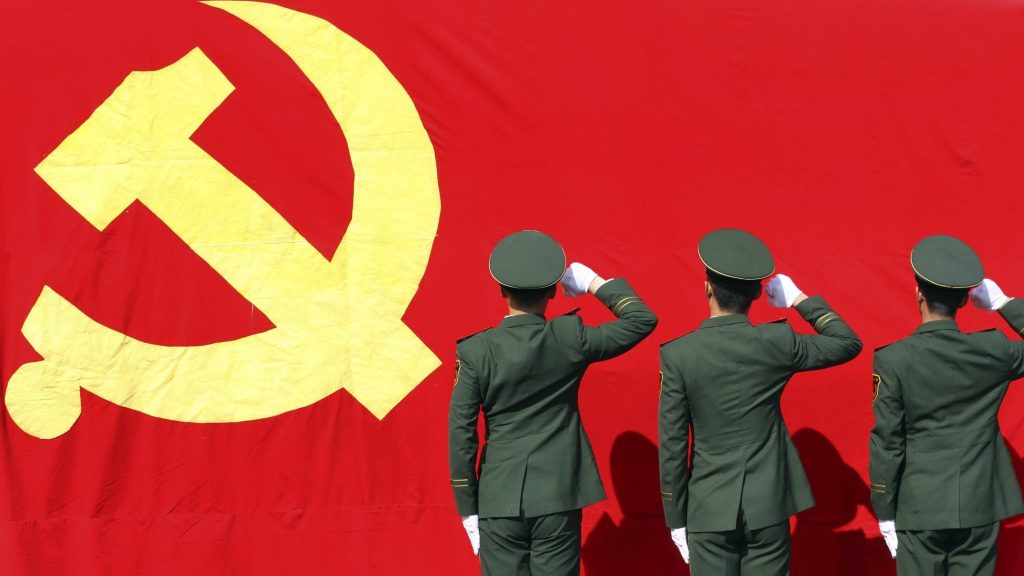Editor’s note: Remember this article the next time you hear someone say China is a free trade country.
Members of the Communist Party of China (CPC) will be expelled from the Party if they openly adhere to bourgeois liberalization online, according to the newly revised regulations on Party disciplinary action that will take effect in October.
[ Cao Siqi Source | September 27, 2018 | Global Times]
The CPC Central Committee published the revised regulations in August and most of the new provisions added touch on punishments for violations of political discipline, especially disloyalty to the Party’s central committee and corrupt behavior.
The circular not only sets a bottom line for Party members’ political disciplinary actions, but also imposes stricter requirements on their online behavior.
Those who support the position of bourgeois liberalization and oppose the Party’s decisions on reforms and opening-up through online platforms will be expelled from the Party.
Meanwhile, those who speak out against the Party’s major principles online will be warned. And those who distort the Party’s policies and damage the unity will be expelled from the Party.
“For a long time, cyberspace has become the major battlefield of ideology construction. The revised regulations aim to tighten the management of Party members, whose Party spirit was loose previously,” Su Wei, a professor at the Party School of the CPC Chongqing Municipal Committee, told the Global Times on Tuesday.
The regulations also won support from many Party members. “The rules are needed. Along with the rapid development of the internet, the Party’s management of its members’ views should also extend to the new platform,” a Beijing-based Party member surnamed Li told the Global Times on Tuesday.
Su noted that “then-Chinese leader Deng Xiaoping firmly opposed bourgeois liberalization.
Some Party members would bring up bourgeois liberalization after seeing the problems like corruption, or the gap between rich and poor after the implementation of reform and opening-up.”
Others include those who have betrayed their faith to the Party inside but would remain unwilling to discard their identity as a Party member, he said.
The regulations were also met with online questions over limits to people’s freedom of speech.
In response, Su argued that one should obey the Party’s rules if they decide to join the organization.
Li said that “Party members can ask questions and express their views on the Party’s decisions but cannot sing a different tune in public. Those who spread political rumors should be expelled from the organization.”
During the first half of 2018, 302,000 cases were filed by China’s discipline inspection and supervision organs and 240,000 people were punished, including 28 provincial-level officials.
In the latest case, an official surnamed Yang from the Dongtou district of Wenzhou, Zhejiang Province was warned by the Party for expressing inappropriate views on a school’s parents WeChat group in March 2017, being the district’s first CPC member to be punished for improper remarks online, according to the website of Zhejiang’s disciplinary watchdog.
When Party members are expelled, they are not allowed to return to the Party in five years.













